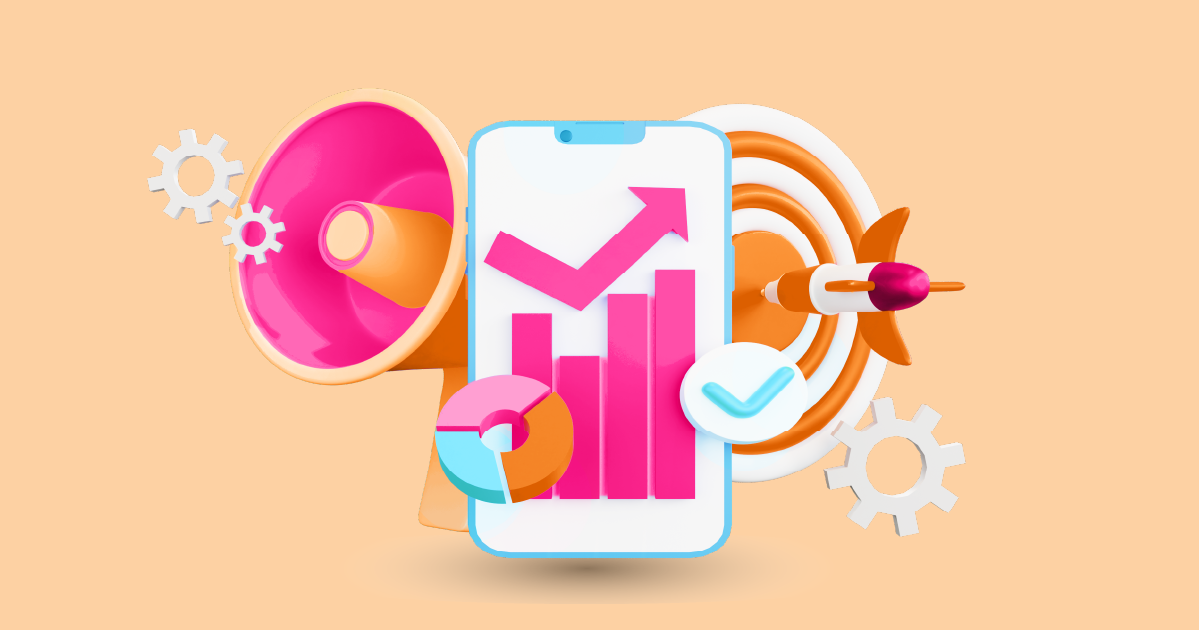In today’s digital age, where consumers are increasingly connected and vocal about their opinions, businesses must keep a keen ear to the ground to understand their customers better. Social listening platforms have emerged as a crucial tool for organizations to gather real-time, actionable insights into consumer behavior, preferences, and sentiments across various social media channels. This article explores the concept of social listening platforms, their benefits, and how they empower businesses to make informed decisions that drive success.
What are Social Listening Platforms?

Social listening platforms, or social media monitoring tools, are software solutions designed to track, analyze, and interpret conversations and engagements across various social media channels. These platforms enable businesses to monitor mentions of their brand, products, or services and gain valuable insights into customer sentiments, preferences, and feedback.
How do Social Listening Platforms Work?
Social listening platforms utilize advanced algorithms and machine learning capabilities to collect and analyze vast amounts of data from social media platforms, forums, blogs, news articles, and other online sources. They aggregate the data and provide actionable insights in the form of visualizations, sentiment analysis, and keyword tracking.
The Importance of Social Listening for Businesses
1. Understanding Consumer Sentiments
Social listening platforms empower businesses to understand how customers perceive their brand and offerings. By monitoring conversations, businesses can identify positive or negative sentiments and respond proactively to address concerns or capitalize on positive feedback.
2. Identifying Emerging Trends
Staying ahead of trends is crucial in today’s fast-paced market. Social listening allows businesses to identify emerging trends and consumer behaviors, helping them tailor their strategies and stay relevant.
3. Monitoring Brand Reputation
Brand reputation is a cornerstone of business success. Social listening platforms enable businesses to track brand mentions and sentiment changes, allowing them to manage their reputation effectively.
4. Enhancing Customer Service
By monitoring customer complaints and inquiries on social media, businesses can address issues promptly, providing exceptional customer service.
5. Tracking Competitor Activities
Understanding competitor strategies and customer perceptions of competing brands is essential. Social listening allows businesses to gain valuable competitive intelligence.
Selecting the Right Social Listening Platform for Your Business
Choosing the most suitable social listening platform requires careful consideration of several factors.
1. Features to Consider
Key features to look for include real-time monitoring, sentiment analysis, data visualization, and integration with popular social media platforms.
2. Integration with Existing Tools
Seamless integration with existing marketing and customer relationship management tools enhances data-driven decision-making.
3. Scalability and Cost-Effectiveness
The chosen platform should align with the business’s scalability requirements and budget.
Implementing Social Media Listening Strategies Effectively
To extract meaningful insights from social listening, businesses should follow best practices.
1. Defining Objectives and Key Metrics
Clearly defined objectives and KPIs will guide the social listening strategy.
2. Identifying Relevant Keywords and Topics
Choosing the right keywords and topics ensures focused and relevant data collection.
3. Analyzing and Acting on Insights
Data analysis is only valuable if it leads to actionable decisions.
4. Incorporating Feedback into Business Strategies
Social listening insights should influence marketing, product development, and customer service strategies.
The Impact of Social Listening on Marketing and Sales
Social listening profoundly influences marketing and sales strategies.
1. Personalized Marketing Campaigns
Personalized campaigns based on customer insights drive better engagement and conversions.
2. Identifying Influencers and Advocates
Social listening helps identify influencers and brand advocates for effective influencer marketing.
3. Lead Generation and Customer Acquisition
By identifying potential leads through social listening, businesses can improve customer acquisition strategies.
Challenges and Limitations
Social listening comes with its own set of challenges and limitations.
1. Volume and Noise
Dealing with the sheer volume of data can be overwhelming.
2. Language and Cultural Nuances
Understanding language and cultural nuances is essential for accurate analysis.
3. Contextual Understanding
Interpreting data in the right context is critical to avoid misjudgments.
Privacy and Ethical Considerations
As data collection increases, businesses must address privacy and ethical concerns.
1. Data Privacy and Consent
Businesses must obtain consent from users before collecting and analyzing their data.
2. Transparency in Data Handling
Transparent data handling builds trust with customers.
3. Mitigating Bias and Misinterpretations
Social listening tools must mitigate biases and avoid misinterpretation of data.
Future Trends
Social listening is evolving rapidly with advancements in technology.
1. AI and Machine Learning Integration
AI-driven algorithms will enhance data processing and sentiment analysis.
2. Cross-platform Listening
Listening across multiple platforms will provide a more comprehensive view of customer behavior.
3. Predictive Analytics for Anticipating Customer Needs
Anticipating customer needs will become more accurate through predictive analytics.
Conclusion
Social listening platforms have become indispensable for businesses seeking to thrive in the digital landscape. The ability to listen, understand, and respond to customer sentiments provides a competitive advantage that translates into improved products, a more substantial brand reputation, and increased customer loyalty. If you want to experience the power of social listening firsthand and unlock valuable insights for your business, don’t hesitate to request a demo from AIM Technologies. Take the first step towards understanding your customers more deeply and making data-driven decisions that lead to success.
FAQs
What are social listening platforms?
- Social listening platforms are tools that help businesses monitor and analyze social media conversations to gain insights into customer sentiments and preferences.
How do social listening platforms work?
- Social listening platforms use algorithms and machine learning to collect and analyze data from social media and online sources, providing actionable insights.
Why is social listening essential for businesses?
- Social listening helps businesses understand customer perceptions, track brand reputation, identify trends, and improve customer service.
What factors should businesses consider when choosing a social listening platform?
- Businesses should consider features, integration capabilities, scalability, and cost-effectiveness when selecting a social listening platform.
How can businesses implement social listening strategies effectively?
- Defining objectives, identifying relevant keywords, analyzing insights, and incorporating feedback are essential steps for effective social listening strategies.




